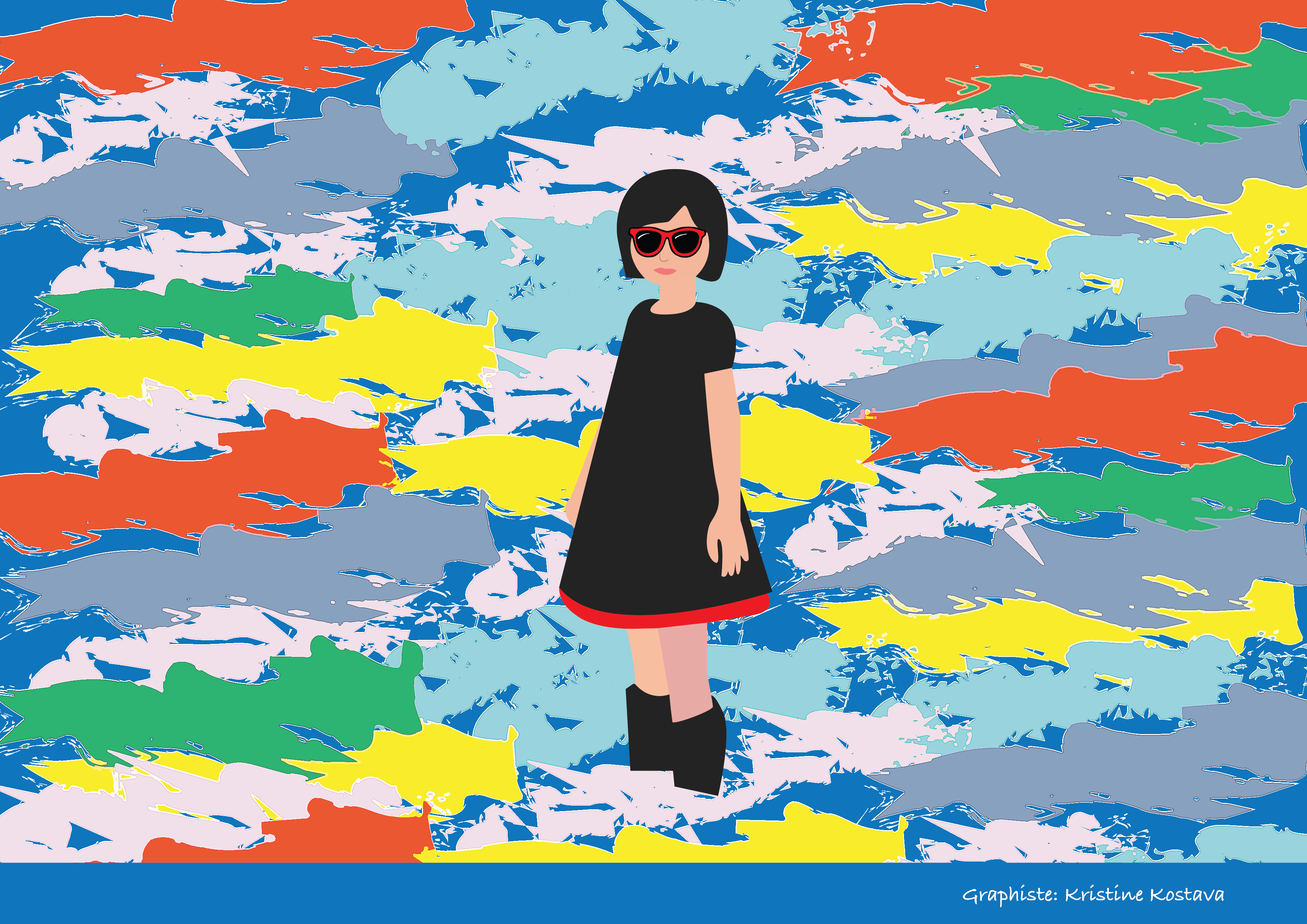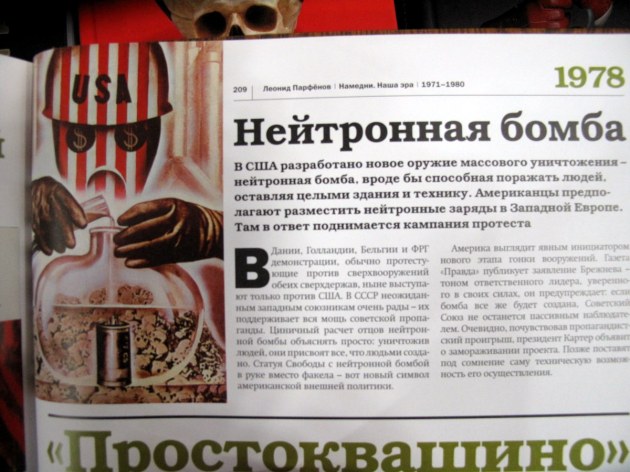La vie en noir de Masha
« Elle ne connaitra jamais le visage de sa mère, ni les couleurs de l’arc-en-ciel… »
Masha est une petite fille migrante aveugle que j’ai côtoyée dans un foyer de l’Établissement Vaudois d’Accueil des Migrants (EVAM). J’ai personnellement traversé beaucoup de souffrances dues à un handicap physique qui m’empêche de me déplacer normalement. J’ai souvent perdu l’espoir et le goût de vivre. Mais quand je pense à Masha, je me dis que le plus terrible, c’est de ne pas voir les gens que l’on aime et les couleurs du monde.
Quand j’ai rencontré Masha, elle avait 6 ans et habitait avec Katya, sa maman, dans un foyer EVAM. Alors que la petite avait 2 ans, des médecins ukrainiens lui ont diagnostiqué une tumeur cancéreuse à un œil qu’il fallait opérer le plus rapidement possible, faute de quoi elle perdrait la vision. Comme il n’y avait pas de chirurgiens formés pour ce type d’intervention en Ukraine, Masha devait se faire soigner à l’étranger.
C’était une période très dure. Le père de Masha avait abandonné sa femme et sa fille et les avait laissées sans ressources. Katya a alors dû vendre la maison familiale pour emmener Masha en Allemagne et payer les chirurgiens qui l’ont opérée mais qui n’ont toutefois pas réussi à sauver son œil. C’était une époque très difficile pour Katya et Masha car, entretemps, une tumeur était apparue sur l’œil sain de la petite.
Désespérée à l’idée que sa fille perde la vue, et déçue par le travail des chirurgiens allemands, Katya a décidé de la faire soigner en Suisse. Comme elle n’avait plus les moyens de payer cette nouvelle intervention, elle a posé une demande d’asile. Malheureusement, en Suisse non plus, les chirurgiens n’ont rien pu faire et Masha est devenue aveugle.
« Maman, à quoi ressemble le monde ? »
Comme nous habitions dans le même foyer, je pouvais constater à quel point la vie quotidienne de cette maman et de sa fillette était difficile et compliquée. J’entendais Masha pleurer sans arrêt. Elle était très tyrannique avec sa mère. Elle voulait qu’elle soit en permanence à ses côtés et ne parle qu’à elle, elle l’empêchait même de manger.
Elle posait aussi sans arrêt des questions :
- Maman, de quelle couleur est le ciel ?
- A quoi ressemble le soleil ?
- Pourquoi je ne vois pas comme toi tu vois ?
- Maman, à quoi ressemble le monde ?
Je voyais combien Katya souffrait pour sa fille et je sentais sa tristesse de ne pas pouvoir l’aider davantage.
Malgré les deux interventions chirurgicales destinées à enlever les tumeurs optiques, Masha n’était pas hors de danger. Elle devait encore subir une chimiothérapie pour éviter que le cancer ne se généralise. Après chaque séance, elle ne dormait pas la nuit, ne mangeait rien, pleurait sans cesse et demandait constamment de l’aide à sa maman.
Une enfance sans insouciance
Mon cœur se serrait de ne pouvoir rien faire pour la soulager et de savoir qu’elle vivait dans le noir complet. En tant que graphiste, je suis très sensible aux couleurs, aux images, au monde qui m’entoure. Chez moi, la vue est le sens qui est le plus développé et je trouve particulièrement handicapant et frustrant d’en être privé.
Ça me déprimait de penser que, contrairement aux autres enfants, Masha ne connaîtrait jamais l’insouciance de jouer librement. Qu’elle ne connaitrait jamais le visage de sa mère et les couleurs de l’arc-en-ciel, qu’elle ne pourrait pas cueillir de fleurs, compter les oiseaux et courir dans la cour. Pour elle, la beauté et le bonheur de l’enfance n’existaient pas. Elle vivait dans un abîme noir, dont la vie s’était retirée.
Chaque jour, je pleurais avec Katya, et j’étais en colère contre la vie qui se montrait si dure envers cette femme courageuse et sa petite fille. Je me posais beaucoup de questions sur l’injustice dont elles étaient les victimes, mais sans jamais trouver de réponse. Je ne voyais qu’une réalité amère contre laquelle je ne pouvais pas me battre. J’étais impuissante…
Nous avons passé un an ensemble dans le même foyer, à nous épauler, à nous encourager. Puis, nous avons changé de lieu de résidence et nous avons été séparées. De temps en temps, je reçois de leurs nouvelles. Rien n’a vraiment changé, mais Katya regarde vers l’avenir avec l’espoir qu’un jour une greffe de l’œil soit possible et permette à Masha de voir la beauté du monde!
Kristine
Membre de la rédaction vaudoise de Voix d’Exils



